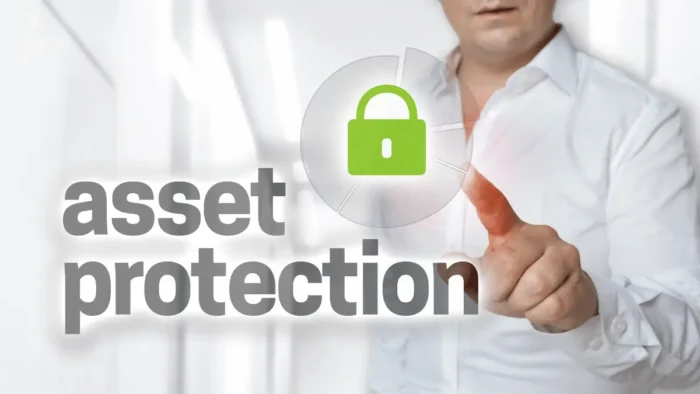The opportunities to create, innovate, and pursue a vision are some of the gifts entrepreneurship can offer. While the rewards involved in achieving their business dreams and objectives can be significant, the risks are also ever-present. The potential for litigation, economic uncertainties, and other threats can make this venture a perilous one at times.
In order to safeguard their interests, entrepreneurs ought to implement asset protection strategies that shield their assets, keeping them out of the hands of creditors and claimants of various kinds. In this article, we explore some effective asset protection strategies you can employ as an entrepreneur.
Establish Limited Liability
Choosing the right structure through which your business operates is an essential step in asset protection. This allows you to keep your personal assets separate from those of your business otherwise you risk personal assets such as your home, personal bank accounts and investments from becoming vulnerable to potential legal claims or business debts.
By structuring your business through a limited liability entity such as a limited liability company (LLC) or Corporation you can safely ring-fence your personal assets, and ensure you are legally protected from any personal responsibility for the debts, losses, and liabilities of your company. This means that in the event of a valid legal claim or bankruptcy, a potential claimant will only be able to go after the assets of your business, and not those you own personally.
Related: Everything You Need to Know About Financial Risk
Go Offshore
For additional asset protection, consider setting up an offshore LLC. Similar to any other LLC, this company will be registered in a foreign, offshore jurisdiction rather than the U.S. These structures can offer a greater level of asset protection due to their more favorable laws and the privacy they offer as well as the additional costs involved for claimants in going after an offshore LLC.
Offshore trusts can also be a wise way to protect your assets as they offer even greater protection compared to offshore LLCs. Unlike domestic trusts, offshore ones are outside national jurisdiction and, therefore, not subject to U.S. law. This places them beyond the reach of American courts and will require a potential claimant to file a lawsuit in the foreign jurisdiction if they are to attempt to access the assets held within the trust.
To make matters harder for the claimant, most offshore jurisdictions have tougher legislation in force which makes it more difficult to pursue a claim against the trust. You can find out more about offshore asset protection by visiting this site: https://blakeharrislaw.com/blog/how-to-choose-asset-protection-plan
Invest in Insurance Coverage
A business is exposed to many risks which can threaten its financial standing and reputation. From property damage and liability claims to cyberattacks and employee injuries, having adequate insurance cover in place can mitigate these risks and ensure the protection of its assets.
Rather than having to pay for any damage or losses directly, insurance coverage can help entrepreneurs cover their liabilities in an affordable and relatively straightforward way. Some key insurance policies that entrepreneurs should consider include:
By implementing these strategies, you protect your assets ensuring greater financial security and peace of mind in your entrepreneurial journey.




